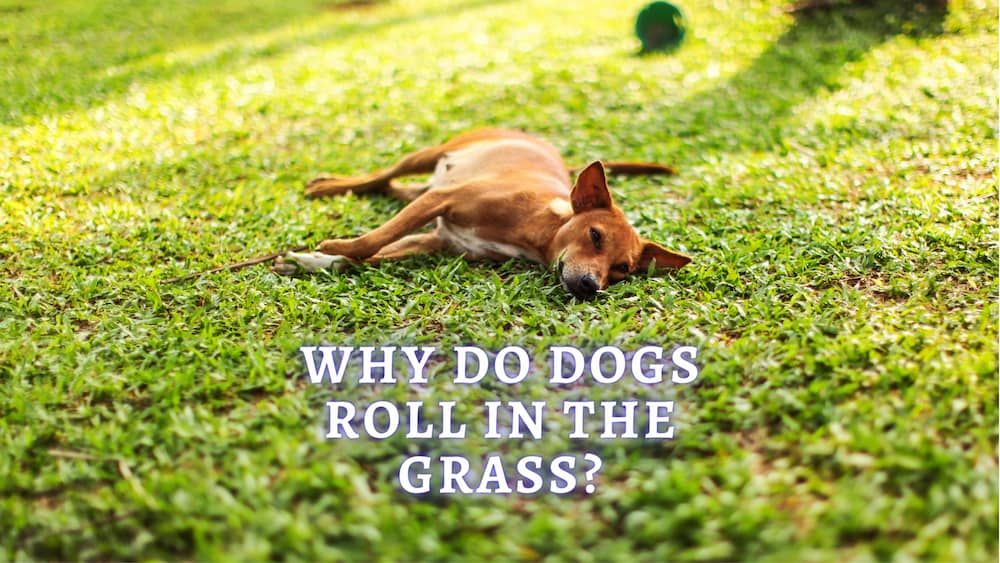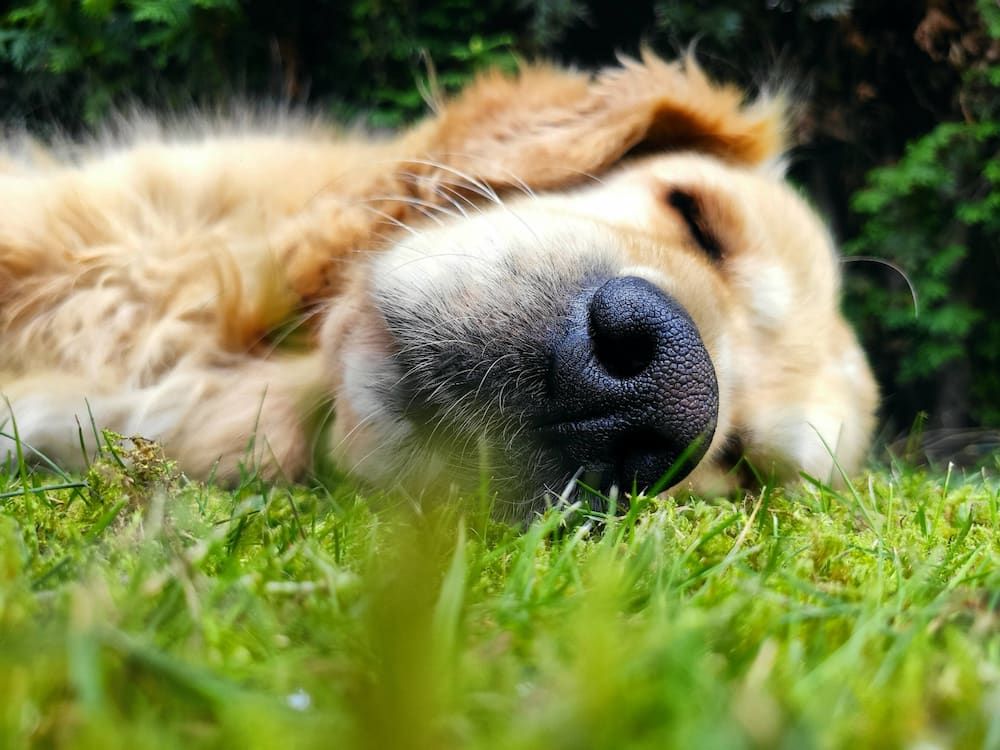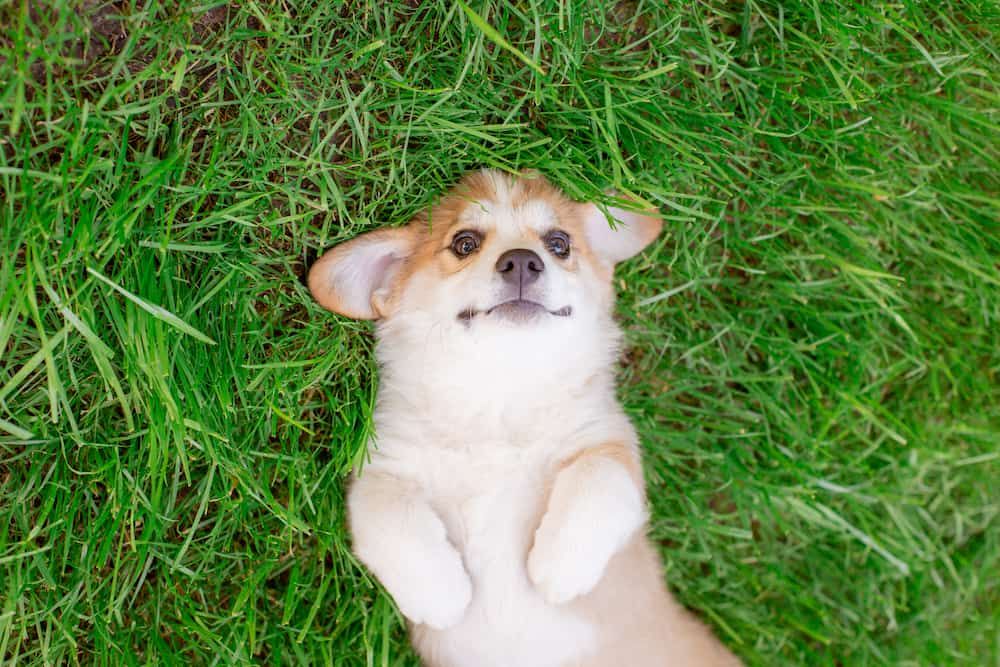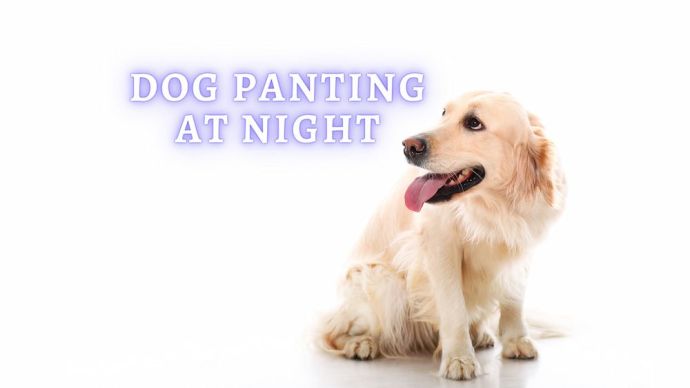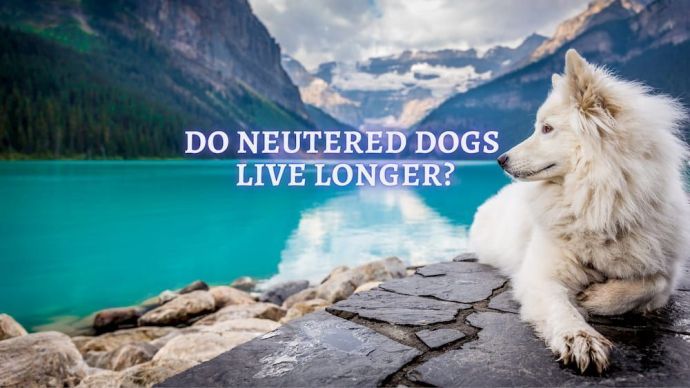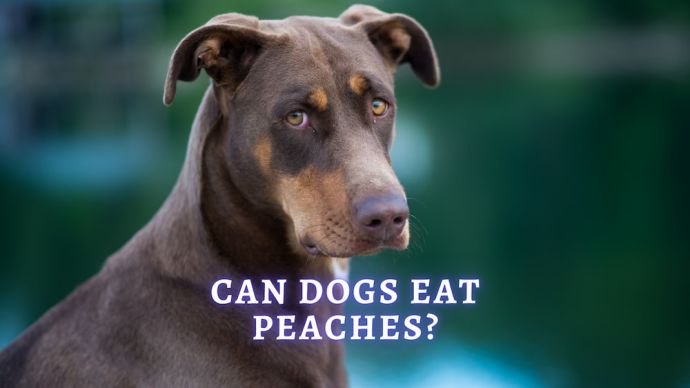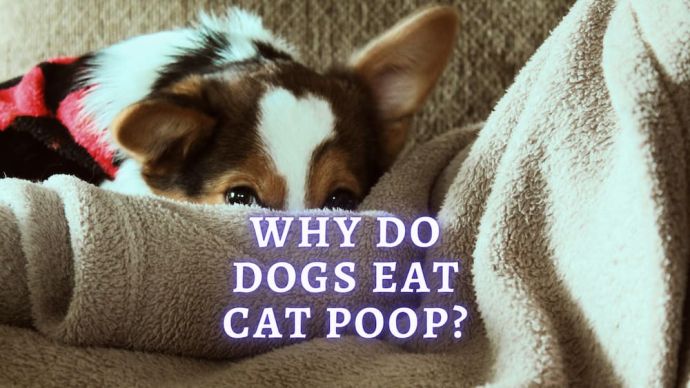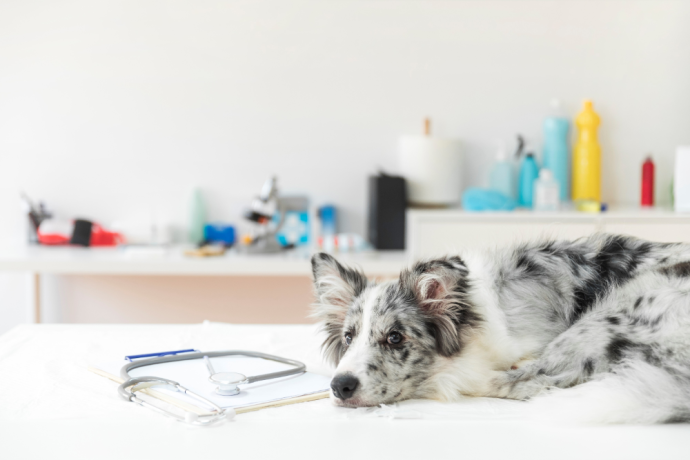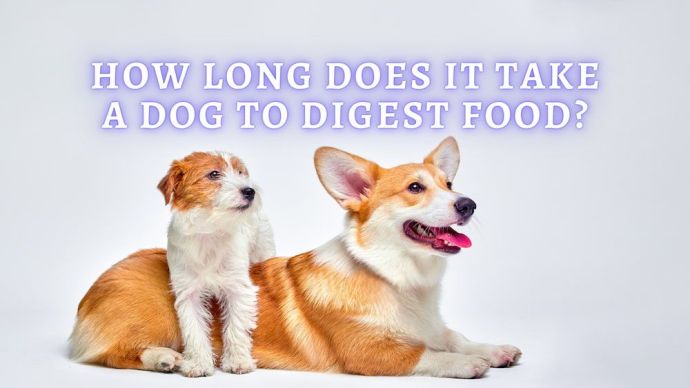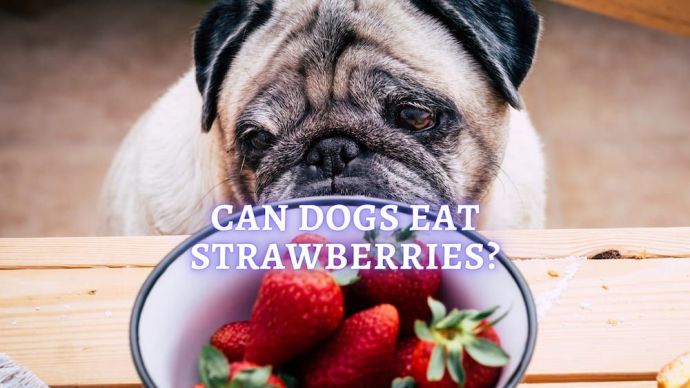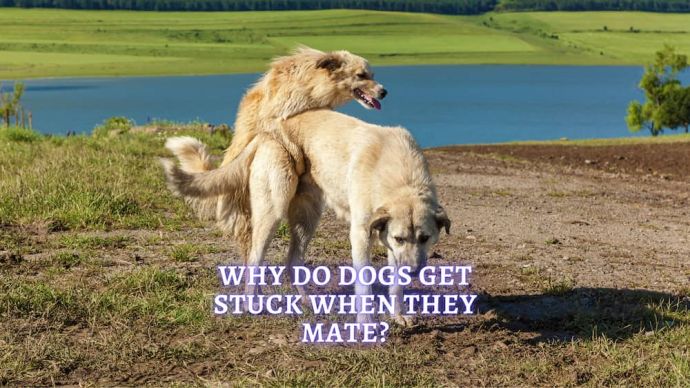Why Do Dogs Roll in the Grass? 4 Most Common Reasons and How To Stop It
Written by:
Author: Vicki Smirnova
Vicki Smirnova is a professional writer and editor who adores animals and helps readers get along well with their pets. She has been working in digital media for more than 5 years and has great experience writing content about lifestyle, including pets. Vicki specializes in dog health and nutrition, cat feeding, dog training. She is an aquarium lover and is passionate to write about fish care at home. Also, Vicki headed several websites and worked as a news editor.
View all 244 articlesLearn about our editorial process and veterinary review board.
Viewed: 67
Updated on: 12/27/2022
Pets present many surprises to their owners. For example, what happens when a dog falls and begins to roll in the grass desperately? Why do dogs roll in the grass? Is their mood good, or do they have any problems?
Perhaps your dog is rubbing against the grass simply because he is in a good mood and is showing you that he is relaxed and happy. Or a furry friend might roll over on its back while playing with other dogs, demonstrating that it is a pleasure to play with them.
There are several reasons dogs like to roll in the grass, most of which have to do with smell. These animals have a strong sense of smell and use it to interact with the outside world, and they may use scent to track down prey or communicate with other dogs.
Reasons dogs roll in the grass
1. Smell or own scent
Dogs are descended from hunters, and grass rolling may be a relic of this behavior. Dog rolling in the grass to hide their own scent. The grass is saturated with the smells of people, other animals, and the environment. When the dog rolls on the grass, he tries to rub these smells into his coat. These animals inherited such a characteristic feature from ancestors who wanted to hide their natural scent and become more inconspicuous while hunting for prey.
Also, many dogs wallow in the grass after bathing; in this way, they try to get rid of the smell of cleanliness and shampoo. Or perhaps the dog just wants to dry his coat and release the energy accumulated from being in the bath.
Dogs communicate through smell. To let other animals know they were there, dogs leave small urine trails when they walk. Another way to leave their own scent is to roll in the grass. Where one dog leaves a trail, another may roll in the grass over to pick up that scent or add their own to the mix. In addition, the animal may rub against the grass to show other pets that this is his territory.
According to the study of wolves and the suggestion of Pat Goodman, wolves and probably domestic dogs tend to wAccording to the study of wolves and the suggestion of Pat Goodman, wolves and probably domestic dogs tend to wallow in any new and strong-smelling substance to then bring a fresh smell to the pack and give other wolves a chance to study it well. This theory is confirmed by the fact that, in the experiments, the wolves wallowed in (and smelled) not only rotten fish, dead animals, feces, etc., but also in mint extract, Chanel No. 5 perfume, dog repellant, mosquito repellant, fish tartar sandwich and even Old Spice deodorant. The researchers noted that the wolves objected when the repellent was sprayed on the tips of their ears, but they themselves wallowed in the scent if they found this smell on the ground. [1]
There seems to be a social function to this rubbing of other people’s scents. Still, Simon Gadbois, an animal behavior and odor expert at Dalhousie University in Halifax, Canada, thinks it could be much simpler. In the packs of wolves he studied in Canada, the leader was usually the first to arrive at a strong-smelling place, and only then the rest followed his example. “It looked like he was setting up how the whole flock would smell,” says Gadbois. “I have seen this in coyotes and foxes.” This was also observed in African wild dogs: the females rolled on the ground where the males from the pack they wanted to join had urinated. Similarly, dogs in a group regularly rub against each other, trying to smell the same.
2. Itching
Why do dogs roll in the grass for so long? Another reason for this dog behavior is itching щк skin irritation. Since the animal cannot scratch its back with its paws, the only way to alleviate its discomfort is to roll in the grass. Itching can be caused by parasites, fleas, ticks, and mosquitoes, or an allergic reaction. In the first case, it is recommended to care for the dog’s coat with a special brush. If your dog is having an allergic reaction, you should always check with your veterinarian.
Dogs that rub their ears on the ground may have an ear infection. If you are concerned that your dog may have a skin infection or something else causing itchy skin and ears, call your veterinarian immediately and make an appointment.
RELATED: My Dog Keeps Scratching His Mouth
3. Hot
The grass may look especially attractive to your pet if the day is hot. It may even be slightly damp after watering, which is ideal for the dog to cool off.
It is important to remember that our furry friends have a natural fat layer that, together with their fur, can cause them to suffer greatly from the heat. This is especially true for breeds that originate in cold regions or live in places with a milder temperature regime to which they are already accustomed. If the dog is particularly hot, other symptoms will appear, such as shortness of breath, which will help explain his behavior. Therefore, our dogs must always have free access to water during the warmer months. For this purpose, you can use a practical travel bottle for water.
4. Entertainment with other dogs
Rolling in the grass is one of the most common and fun pastimes, so it’s not something to worry about. Understanding the root causes of this behavior can improve our communication and strengthen our bond. Some dogs love rolling on the grass because they are happy, having fun and loving it. There is nothing wrong with that, and they have no specific motivation.
“I suspect that they experience a strong rush of dopamine, a neurotransmitter that causes feelings of pleasure and satisfaction,” says Muriel Brasser from the Oxford Center for the Study of Animal Behavior. “Even if this behavior is evolutionarily inherited from the deep past and is somehow related to survival, it is also incredibly fun.” As Gadbois explains, once upon a time this habit had some very important reasons. “Over time, these reasons have disappeared, but animals still do it.” [2]
RELATED: How to Socialize a Puppy with other Dogs?
Should you stop your dog from rolling in the grass?
How safe is rolling in the grass? This behavior is quite understandable. Grass is non-toxic and generally harmless to your pet.
But ticks can be dangerous. How many dangerous insects are hiding in the grass, waiting for their victims! Check your dog for insects when you return from a walk.
Understanding what kind of grass your dog has been rolling in is also important. Was it “urban” grass from a lawn? It is possible that the lawn was treated with chemicals or pesticides. “Chemistry” will get on the coat, and the dog, licking itself, will swallow it and get poisoned. Knowing such weaknesses of your pet, always choose safe walking routes! And at home (if you live in the private sector), try not to treat lawns with chemicals.
If the dog sways on its back often, and even squeaks or whines, it is worth consulting a veterinarian. It could be parasites or a skin disease; the sooner treatment is started, the better.
READ MORE: Why Do Dogs Eat Grass?
How to stop my dog from rolling in the grass?
To wean your pet from this activity, limit its capabilities:
- When walking, you need to keep the dog on a leash in places where he can stop to roll in the grass.
- You can teach your them simple commands – “no” or “stop” – which will switch their attention to something useful.
- If the habit is wallowing in foul-smelling things and excrement, think about changing cosmetics or detergent for the animal. Maybe your pet doesn’t like its own smell.
- Try to load your dog with enough physical and mental training.
Should I wean my dog from this habit? If you don’t want to wash it completely every time after a walk and are worried that fly eggs will accumulate in the dog’s skin, ticks or a pet are bitten by wasps or bumblebees (they like to build nests in the ground), then, every time, as soon as the dog decides to dive into the grass, pull it with a stern voice or do not let it off the leash at all when walking. If the cause of back wallowing is stress or boredom, this is an occasion to reconsider the dog’s living conditions. Perhaps it is worth enriching the environment in which it lives and adding variety.
READ MORE: Best Online Dog Training Courses
Article Sources:
- Coren, Stanley, et al. “Why Do Dogs Roll in Garbage, Manure, or Other Smelly Stuff?” Psychology Today, 1 Sept. 2022, psychologytoday.com/intl/blog/canine-corner/200907/why-do-dogs-roll-in-garbage-manure-or-other-smelly-stuff.
- “Why Do Dogs Roll in Disgusting Stuff? – The Other End of the Leash.” The Other End of the Leash, 10 Aug. 2020, patriciamcconnell.com/theotherendoftheleash/why-do-dogs-roll-in-disgusting-stuff.
 Dog Veterinary Tips Why is my Dog throwing up: Causes and Preventing (Veterinary Advice)
Dog Veterinary Tips Why is my Dog throwing up: Causes and Preventing (Veterinary Advice) - 23424
- 5
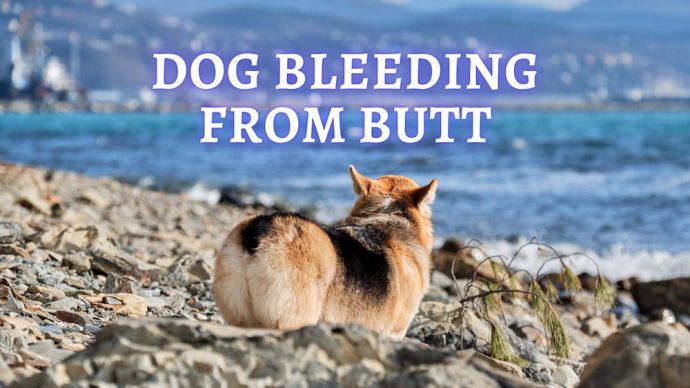 Dog Care Why Is My Dog Bleeding From Its Butt? Causes and treatment of rectal bleeding in the dog
Dog Care Why Is My Dog Bleeding From Its Butt? Causes and treatment of rectal bleeding in the dog - 22076
- 0
 Dog Care My Dog Keeps Scratching His Mouth: Reasons Why Your Dog Scratching Face
Dog Care My Dog Keeps Scratching His Mouth: Reasons Why Your Dog Scratching Face - 17561
- 1









